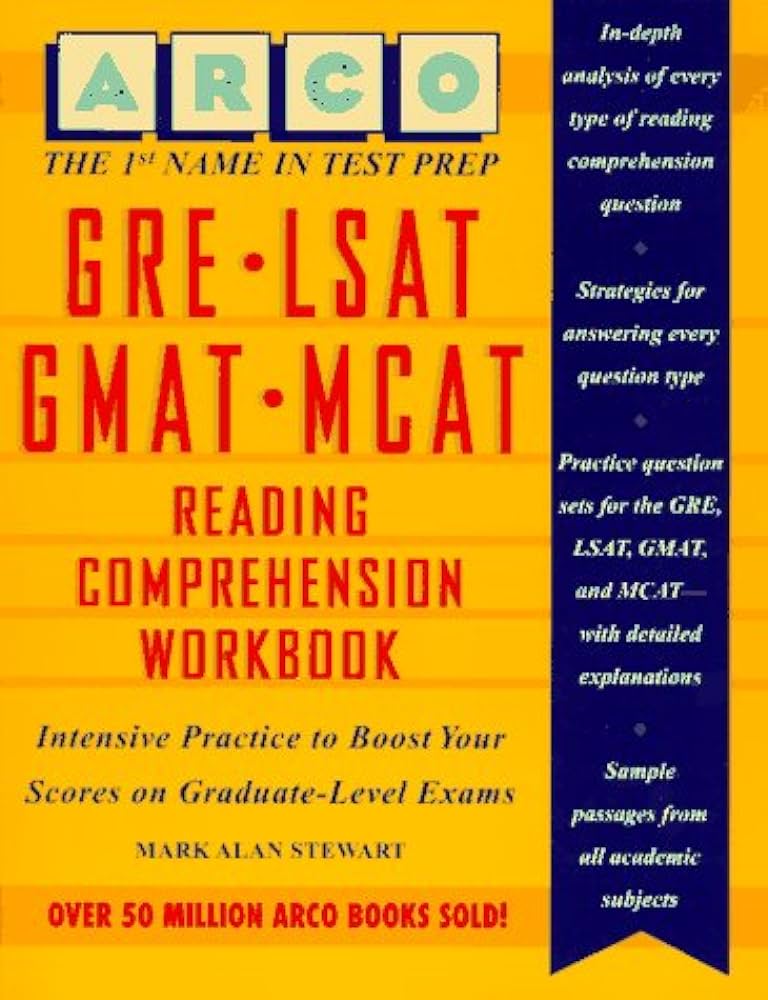Introduction
Graduate school can be a transformative experience, opening up new career opportunities and allowing you to delve deeper into your field of interest. However, before you can embark on this educational journey, you’ll likely need to overcome a significant hurdle: the graduate school entrance exam. The most common exams for graduate admissions are the GRE, GMAT, LSAT, and MCAT. These standardized tests assess your skills, knowledge, and readiness for advanced academic work.
In this blog post, we’ll provide an in-depth look at each of these exams, offering guidance on how to prepare and excel. Whether you’re aiming for a master’s degree, MBA, JD, or MD, understanding the nuances of these tests is essential for a successful application.
The GRE: Gateway to Master’s and Doctoral Programs
The Graduate Record Examination (GRE) is one of the most widely accepted graduate admissions tests. It is a computer-based exam that measures your skills in verbal reasoning, quantitative reasoning, and analytical writing. The GRE is commonly required for admission to a broad range of master’s and doctoral programs, including but not limited to the fields of humanities, social sciences, and natural sciences.
Test Structure:
Verbal Reasoning: This section evaluates your ability to analyze and draw conclusions from written material.
Quantitative Reasoning: It assesses your problem-solving abilities using mathematical concepts and quantitative data.
Analytical Writing: You’ll need to write essays that analyze complex ideas and communicate your thoughts effectively.
Preparation Tips:
Start early: Give yourself ample time to prepare.
Practice tests: Take official GRE practice tests to get a feel for the exam format.
Study materials: Invest in test prep books, online courses, or tutoring.
Time management: Learn to manage your time effectively during the exam.
Vocabulary: Build your vocabulary for the verbal reasoning section.
The GMAT: A Ticket to Business School
If you aspire to pursue a Master of Business Administration (MBA) degree, you’ll encounter the Graduate Management Admission Test (GMAT). This computer-adaptive test assesses your skills in integrated reasoning, quantitative reasoning, verbal reasoning, and analytical writing.
Test Structure:
Integrated Reasoning: This section evaluates your ability to analyze and synthesize data from different sources.
Quantitative Reasoning: Assess your mathematical and data analysis skills.
Verbal Reasoning: Measure your ability to analyze written material and make sound arguments.
Analytical Writing: Demonstrate your writing and critical thinking skills.
Preparation Tips:
Familiarize yourself with the GMAT format and question types.
Consider taking a prep course or using GMAT study materials.
Time management is crucial, so practice pacing yourself during the test.
Focus on strengthening your analytical and problem-solving skills.
The LSAT: A Journey to Law School
Aspiring lawyers must face the Law School Admission Test (LSAT) to gain admission to law school. This standardized test is designed to assess your reading comprehension, logical reasoning, and critical thinking skills, which are essential for success in law studies.
Test Structure:
Reading Comprehension: Evaluate your ability to understand, analyze, and apply complex texts.
Logical Reasoning: Assess your skills in evaluating arguments and making sound judgments.
Analytical Reasoning: Measure your ability to draw inferences and solve problems.
Writing Sample: Complete a written essay that demonstrates your argumentation skills.
Preparation Tips:
Understand the specific sections and question types.
Take timed practice tests to improve your pacing.
Use official LSAT prep materials.
Consider enrolling in a prep course or hiring a tutor.
The MCAT: A Gateway to Medical School
For those with aspirations of becoming a physician, the Medical College Admission Test (MCAT) is a rite of passage. This challenging exam evaluates your scientific knowledge, critical thinking, and problem-solving abilities, which are crucial for success in medical school.
Test Structure:
Biological and Biochemical Foundations of Living Systems: Assess your understanding of living organisms and their processes.
Chemical and Physical Foundations of Biological Systems: Measure your knowledge of the physical and chemical principles of biological systems.
Psychological, Social, and Biological Foundations of Behavior: Evaluate your understanding of behavioral and social factors that influence health.
Critical Analysis and Reasoning Skills: Test your ability to analyze and interpret complex texts.
Preparation Tips:
Start preparing early to cover all required content.
Use official MCAT resources and practice exams.
Consider taking preparatory courses to gain a deeper understanding of the test material.
Focus on mastering scientific concepts and critical thinking skills.
Application Process
While excelling on your chosen graduate school entrance exam is crucial, it’s only part of the equation for admission. The application process typically involves submitting other materials, such as transcripts, recommendation letters, and a personal statement. Each school may have slightly different requirements, so it’s essential to research and prepare all necessary documents well in advance of the application deadlines.
Additionally, keep in mind that your exam scores are only one component of your application. Admissions committees consider a holistic view of your qualifications, including your academic record, work experience (if applicable), and your personal statement. Make sure all aspects of your application reflect your commitment and passion for your chosen field of study.
Conclusion
Preparing for graduate school entrance exams like the GRE, GMAT, LSAT, and MCAT can be a daunting task, but with the right approach, you can succeed. Remember that your scores are just one part of your application package. Take the time to research your chosen programs, practice diligently, and gather the necessary materials for a well-rounded application.
Ultimately, the journey to graduate school is not just about the exams; it’s about your commitment to your field and your passion for advancing your education. So, stay focused, work hard, and look forward to a future filled with opportunities and growth as a graduate student. Your academic journey begins here!






